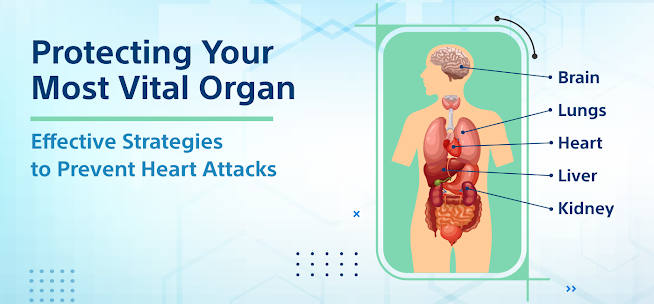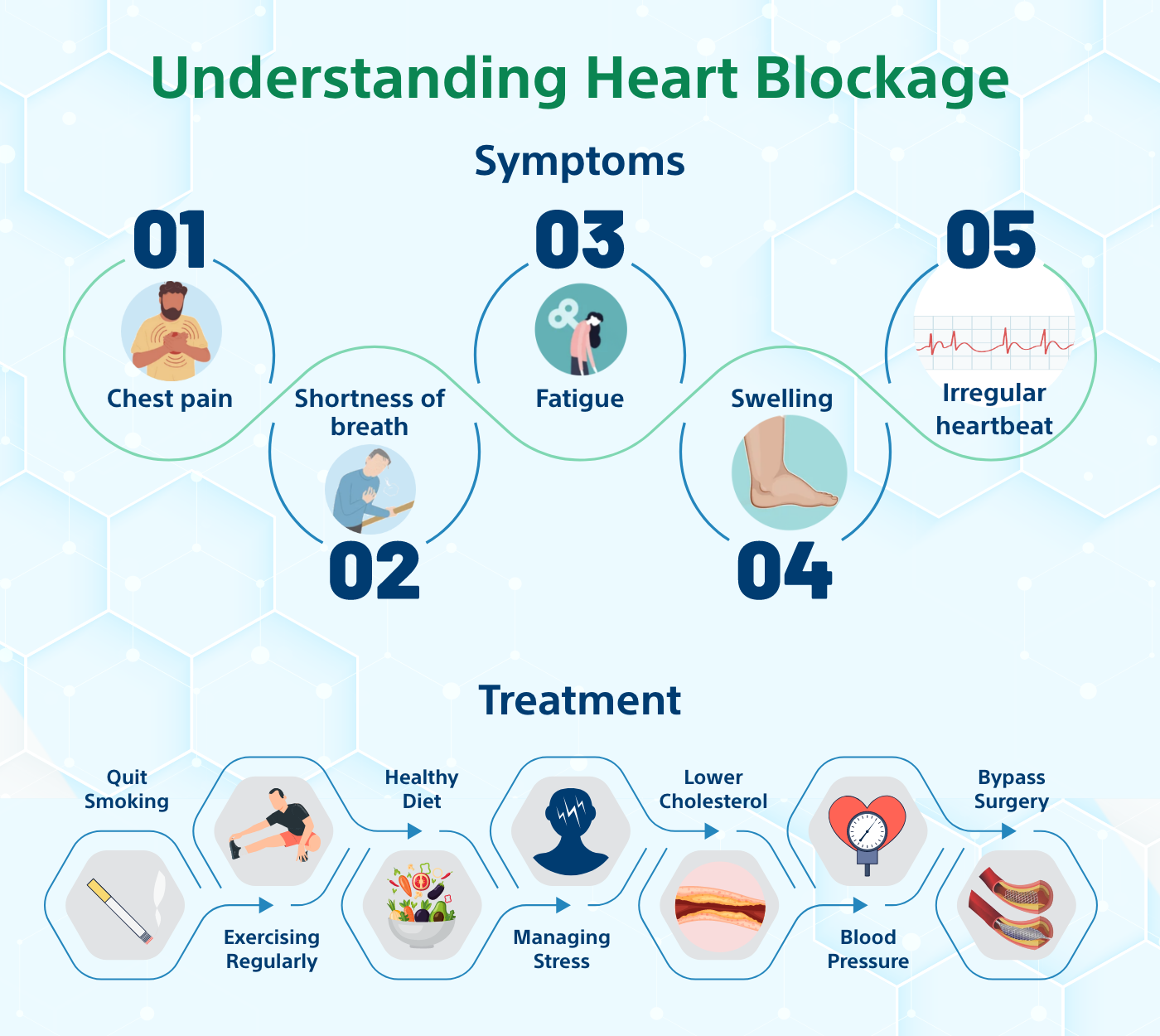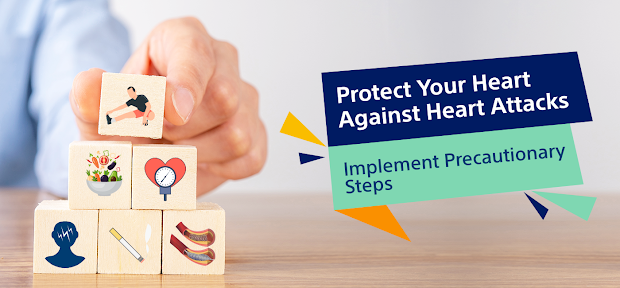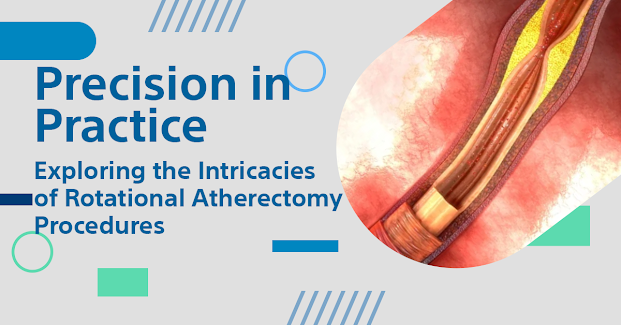Protecting Your Most Vital Organ: Effective Strategies to Prevent Heart Attacks
The heart is one
of the most vital organs in the human body, and it is essential to take
proactive measures to protect it from the risk
of a heart attack. Heart attacks can have severe consequences and are often
life-threatening. However, the good news is that many heart attacks can be
prevented through lifestyle modifications and early detection of risk factors. This
blog will discuss effective strategies to prevent heart attacks and safeguard
your most vital organs.
Recognizing
the Signs of a Heart Attack
Before delving
into preventive strategies, being aware of the signs and symptoms
of a heart attack is crucial. While chest pain is a common symptom, it is
not the only one. Other signs include shortness of breath, discomfort or pain
in the upper body (such as the arms, back, neck, jaw, or stomach),
lightheadedness, nausea, and cold sweats. It is essential to pursue immediate
medical attention if you experience these symptoms, as early intervention can significantly
affect the outcome.
Preventive Strategies to Reduce the Risk of Heart Attacks
· Maintain a Healthy Lifestyle: Adopting a healthy lifestyle is the foundation for preventing heart attacks. It includes following a balanced diet rich in fruits, vegetables, whole grains, lean proteins, and healthy fats. Limiting processed foods, sugary drinks, and excessive salt consumption is also important. Regular exercise, such as brisk walking, swimming, or cycling, for at least 30 minutes a day can help improve cardiovascular health.
· Quit Smoking: Smoking is a major risk factor for heart disease and heart attacks. Quitting smoking is one of the best things you can do to protect your heart. Seek support from healthcare professionals, join smoking cessation programs, or explore nicotine replacement therapies to increase your chances of successfully quitting.
· Manage Blood Pressure and Cholesterol Levels: These can significantly increase the risk of heart attacks. The regular monitoring of blood pressure & Cholesterol Levels, along with appropriate lifestyle modifications and medications if necessary, can help keep these levels under control and reduce the risk.
· Control Diabetes: Individuals with diabetes have a higher risk of heart attacks. Proper management of diabetes through medication, a healthy diet, regular exercise, and blood sugar monitoring can help reduce the risk. It is crucial to work closely with healthcare professionals to develop an effective diabetes management plan.
· Maintain a Healthy Weight: Being overweight or obese give extra strain on the heart and increases the risk of heart disease. Aim for a healthy weight by adopting a balanced diet and regular physical activity. Consult a healthcare professional to ensure an appropriate weight loss or management plan.
· Manage Stress: Chronic stress can contribute to the development of heart disease. Incorporate stress-reducing activities into your daily routine, such as meditation, deep breathing exercises, yoga, or engaging in hobbies you enjoy. Seek support from friends, family, or mental health professionals if needed.
Conclusion
Preventing heart
attacks requires a proactive approach to maintaining heart health. Recognizing
the signs
of a heart attack and implementing effective prevention strategies can
significantly reduce the risk and protect your most vital organ. Remember to
lead a healthy lifestyle, quit smoking, manage blood pressure and cholesterol
levels, control diabetes, maintain a healthy weight, and manage stress. Regular
check-ups with healthcare professionals can provide further guidance and ensure
early detection of potential risk factors. Prioritize your heart health and
take the necessary steps to prevent heart attacks. Your heart will thank you.




Comments
Post a Comment